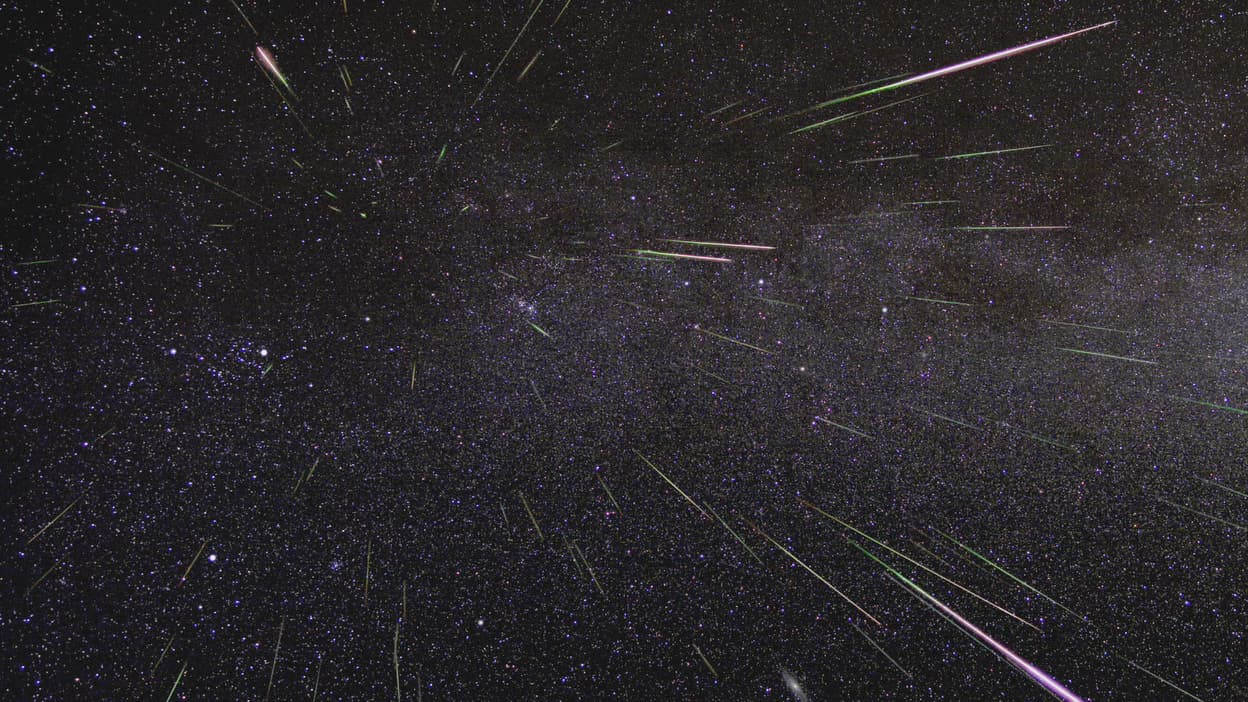A Splash of Life
Since Darwin's time, scientists have generally agreed that life on Earth started from "warm little ponds" — or the so-called primordial soup that was rich in organic compounds. Life began in its most primitive forms from these waters some 3.8 billion years ago but, how it actually happened has been the subject of endless study and debate. Most recently, a team of researchers from McMaster University and the Max Planck Institute in Germany is contributing to the discussion.
In a study published in the journal of the Proceedings of the National Academy of Sciences (PNAS), researchers led by McMaster scientists Ben K.D. Pearce and Ralph Pudritz, together with Dmitry Semenov and Thomas Henning of the Max Planck Institute for Astronomy, suggested that to understand how life began, one needs to look at Earth as it was billions of years ago. Life started at a time when the Earth's surface was continuously changing, transforming, and pelted by meteorites — some of which landed in those warm little ponds.
These space rocks carried with them essential elements that helped to jump-start life, including essential nucleotide components that formed RNA polymers. "As our study shows, astronomy provide a vital part of the answer. The details of how our solar system formed have direct consequences for the origin of life on Earth," Henning said in a press release. A combination of wet and dry conditions allowed for the polymers to bond and, eventually, for RNA to replicate itself— non-living components creating life, as another study said.
A Tough Start
Clearly, life had to emerge during a difficult period in this planet's geological history, when the atmosphere was not yet fully formed, as explored in another study. "That's the Holy Grail of experimental origins-of-life chemistry," Pearce added. What was crucial was the formation of RNAs that learned to self-replicate, which eventually gave rise to DNA development. "DNA is too complex to have been the first aspect of life to emerge," Pudritz says. "It had to start with something else, and that is RNA."
All of these recent findings adding to theories of the origins of life lead to the same outcome, as Pudritz pointed out. "Because there are so many inputs from so many different fields, it's kind of amazing that it all hangs together," he said in the press release. "Each step led very naturally to the next. To have them all lead to a clear picture in the end is saying there's something right about this." Their study clarified, however, that these primordial ponds were more likely to contain the ingredients that triggered life than hydrothermal vents, as another popular theory suggests.
If meteorites landed in ponds on Earth, it's highly possible that they also peppered other parts of the early Solar System as meteorites were more common during that time. This suggests the possibility that what triggered life on Earth could've also happened on other planets, a theory that Pearce and Pudritz plan to explore next year. The origins of life on Earth could help us to find traces of life elsewhere.
Share This Article
